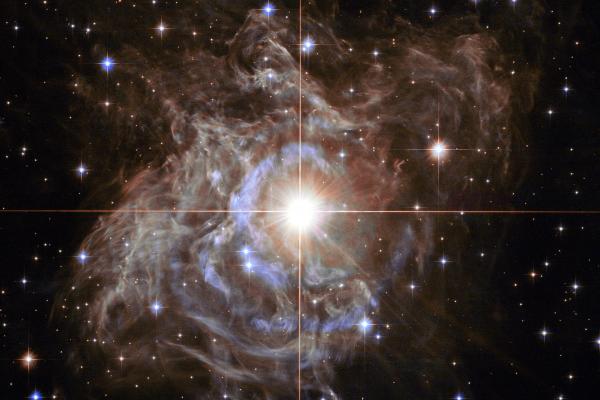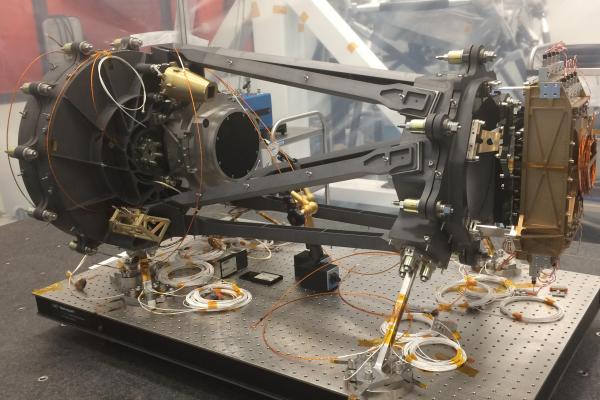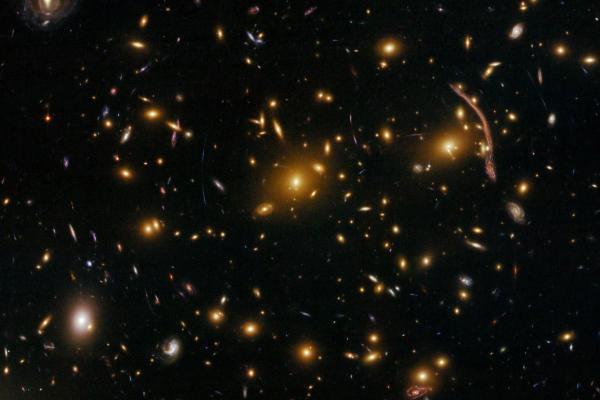The expanding universe
The model of our universe as expanding at an accelerated rate has given rise to theoretical constructs such as dark energy and dark matter, which scientists believe could make up 95% of the universe. In September, Horizon takes a deeper look at what we really know about the expanding universe. We speak to Prof. Subir Sarkar, who believes that the Nobel-winning discovery that universe expansion acceleration could be a fluke, and the scientists who are trying to answer the question by allowing us to better measure the expansion rate. We also look at the significance of accurately measuring gravity in deep space, and what dark matter haloes can tell us about the existence of dark energy.
New efforts to figure out just how fast the universe has expanded since the Big Bang, a speed known as the Hubble constant, could upend current theories of physics, according to some scientists.
A new space telescope designed to peer into some of the farthest regions of the universe could finally answer one of the most puzzling questions surrounding Albert Einstein’s general theory of relativity.
Scientists are hoping to understand one of the most enduring mysteries in cosmology by simulating its effect on the clustering of galaxies.
The most mysterious phenomenon in cosmology – dark energy – may not exist at all, according to Professor Subir Sarkar, head of the particle theory group at the University of Oxford in the UK.
Bi-weekly news alert
The best Horizon stories, delivered to your inbox
Subscribe now





